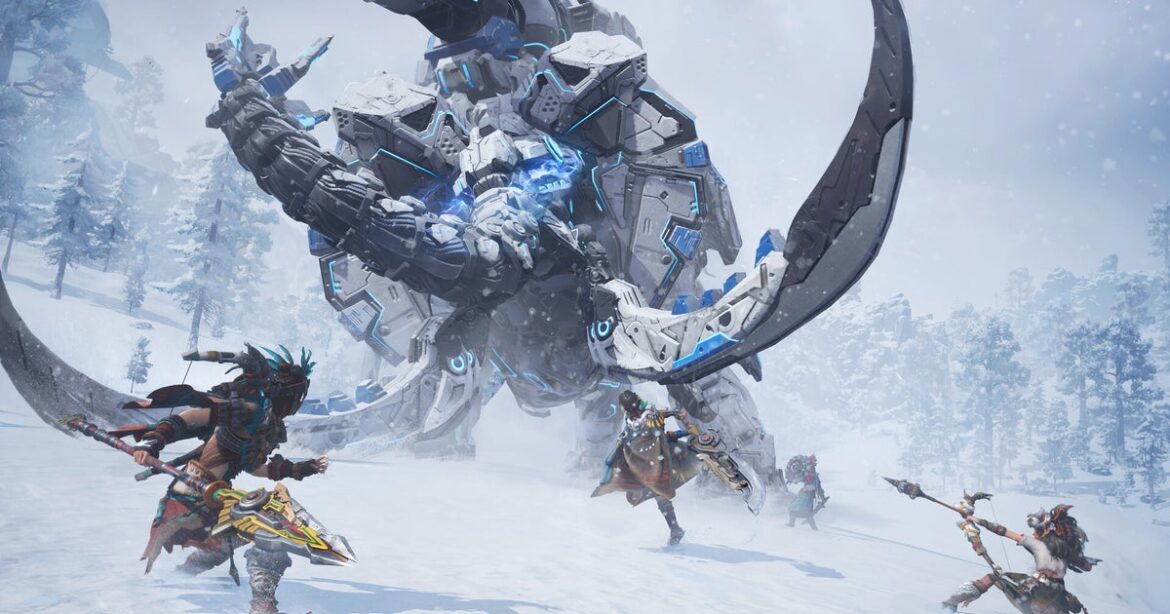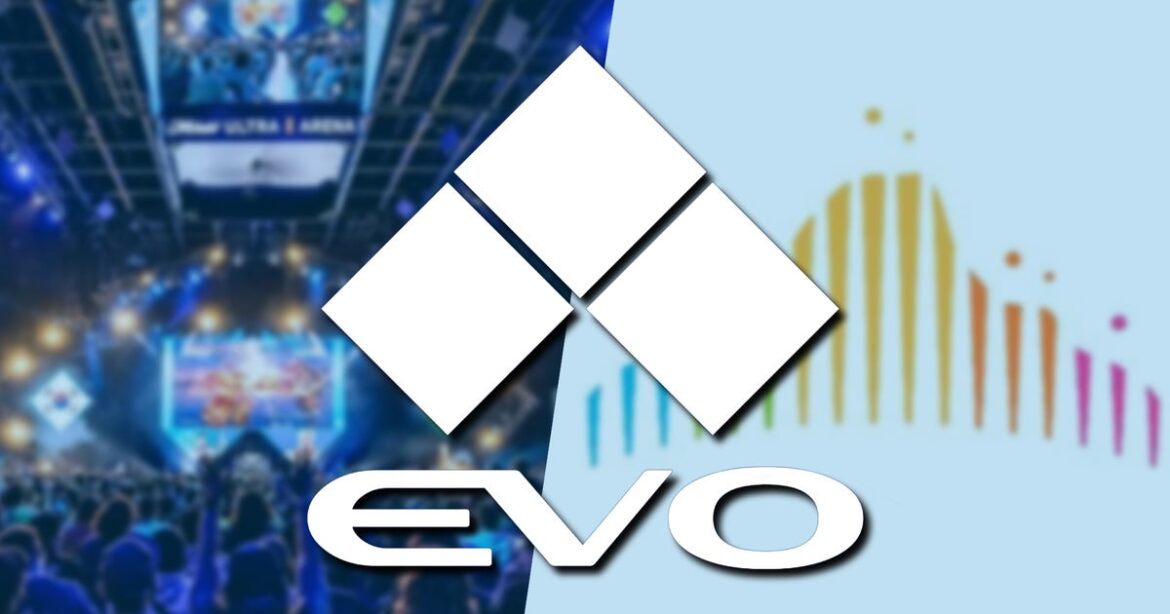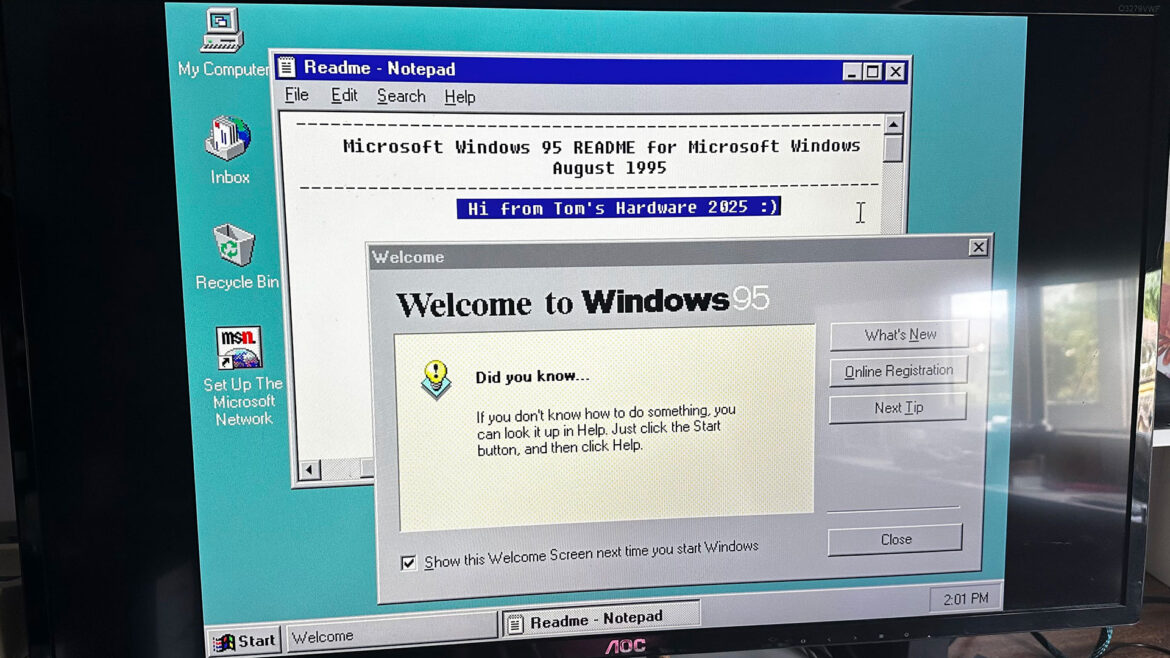Forza Horizon 6 will be set in Japan, as revealed by Microsoft at this year’s Tokyo Game Show. Not only that, it will be the biggest and “most full” of any map in the series so far.
Art director Don Arceta discussed the game with Games Radar, describing its version of Japan as “full of contrast”.
“This map that we’ve created for Japan, or Horizon’s version of Japan, is big, but also dense,” he said. “There’s always something around the corner for you to discover and see.” What’s more, the map will include Tokyo too – “the biggest city that we’ve done in a Horizon game yet.”
Forza Horizon 6 – Official Teaser Trailer | Tokyo Game Show 2025Watch on YouTube
Japan has long been requested as a location for the driving series. Arceta provided further detail on the approach from studio Playground Games.
“We never set out to make a location one-to-one,” he said. “It’s always capturing the spirit of the location, and trying to do that in an authentic way and obviously a respectful way. We use a lot of real life data as much as we can to build our world; so a lot of satellite data for the terrain, we take a lot of 3D scans of objects actually on location, a lot of reference photography. We capture skies. So, you know, there’s a lot there that we take”.
He added Forza Horizon 6 will be “the most approachable and welcoming game”, and will also be something of a celebration of Japanese culture.
“Japan’s a breathtaking location, but I think [players will] be surprised just how much more of the culture we’ve tried to integrate into Horizon 6 outside of just the location,” said Arceta. “So obviously there’s car culture, but there’s different festivals and other cultural aspects that we actually wanted to inject a lot more into this game. I think we kind of dipped our toe in that a bit with Horizon 5. But working closely with Kyoko [Yamashita, cultural consultant], I think people will be surprised; they’ll probably learn a bit more about this location than they might expect.”
Forza Horizon 6 ended Xbox’s Tokyo Game Show Broadcast yesterday, though it wasn’t actually shown. Instead we just saw a quick teaser. The news also leaked ahead of the show.
The game will be coming to Xbox and PC first in 2026, with a PlayStation 5 release to follow.








